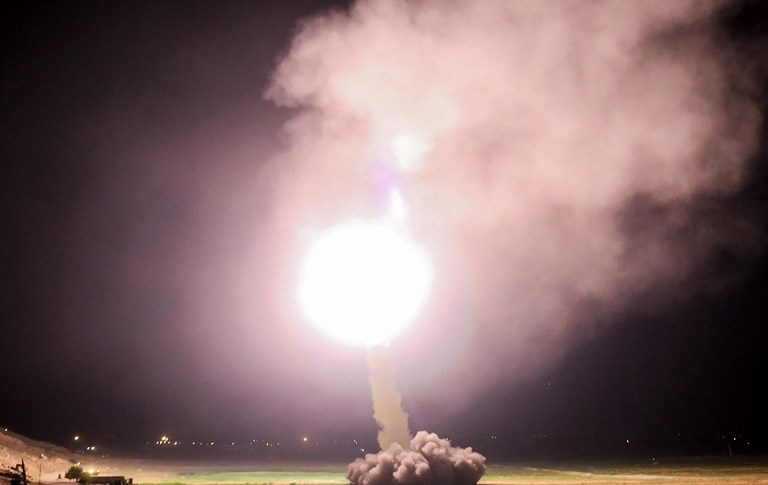Strategic Assessment
Military intervention in Syria is an unprecedented development in Iran’s regional behavior and represents several changes. This is the first time that Iran has intervened militarily with significant force in another nation, which is all the more unexpected, as Syria and Iran share no border. The intervention in Syria is a new type of mandate for the Revolutionary Guards, whose ground troops – along with ground troops of the regular Iranian army – are involved in fighting another state. Until now, the Revolutionary Guards were charged with domestic missions, while the regular army was charged with defending Iran’s borders. Most of the force sent to Syria by Tehran is not composed of Iranian units, but rather comprises Shiite militias from other nations. This is the first time Iran has cooperated militarily with Russia. Above all, Iran seeks to use its force in Syria to take advantage of the vacuum left by the defeat of the Islamic State in Syria and Iraq, to try to build a corridor of control and influence that would allow it to move troops and weapons from Iran to Syria and Lebanon. This is a worrisome development for Israel, the United States, Turkey, Jordan, Saudi Arabia, and other nations.



